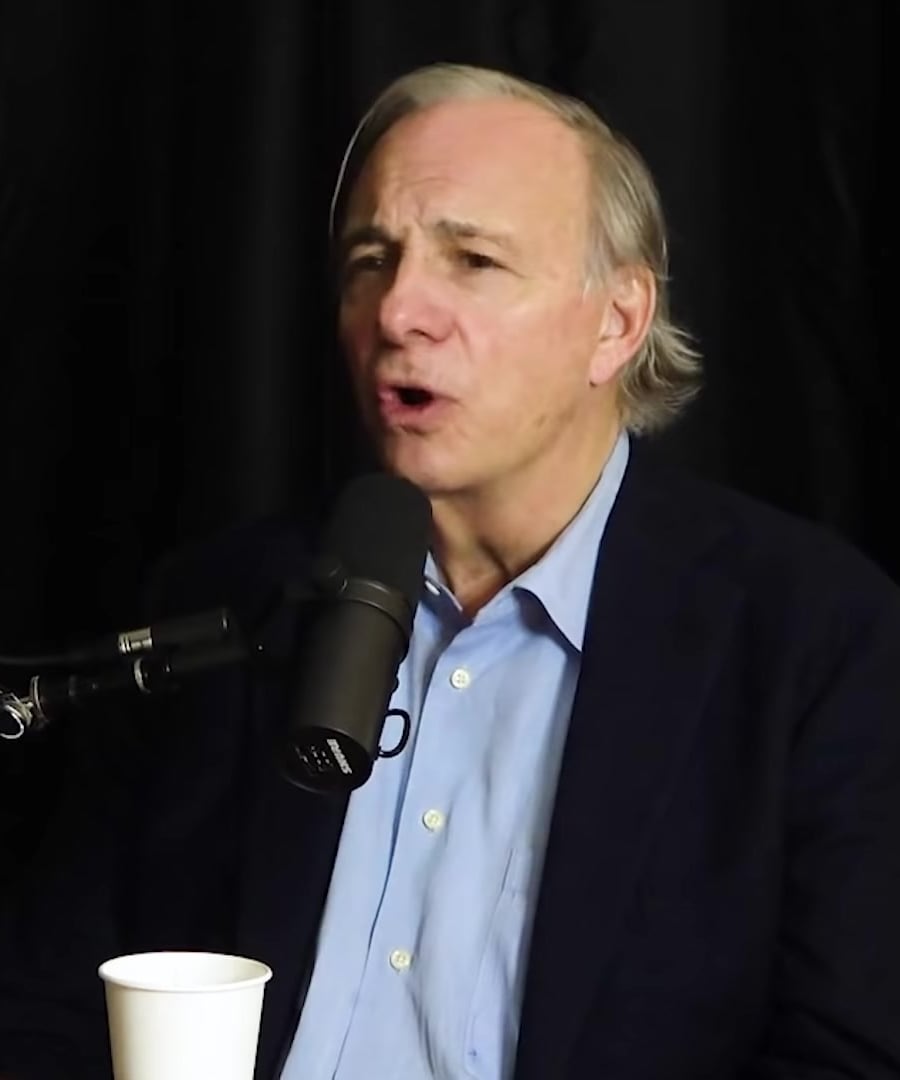Internal politics
Sources:
Internal Politics in Various Contexts
Investment Firms
In investment firms, internal politics often arise around deal advocacy and promotions. David George explains that the "single trigger puller model" can help minimize politics by eliminating the need for deal approval from multiple parties, thereby reducing conflicts over ideas and decisions. The experience of partners who have previously run companies also helps mitigate internal politics by fostering a practical, less contentious environment 1.
Israeli Politics
The internal dynamics of Israel are particularly complex, with recent coalitions including far-right figures like Itamar Ben Guvir. These alliances can lead to heightened tensions regarding sensitive political and religious issues, such as the status of the al Aqsa mosque, potentially provoking significant backlash from the broader Muslim world. Jason Calacanis highlights how these internal politics can influence international relations and lead to broader conflicts 2.
Principles of Nonviolent Political Change
Marianne Williamson discusses the importance of internal change for effective political activism. Drawing from principles of nonviolence, she emphasizes that self-purification and maintaining a consciousness of hope and nonviolence are crucial for genuine, sustainable political change. This perspective asserts that internal transformation is a prerequisite for impactful external actions 3.
US and China Economic and Political Dynamics
Ray Dalio contrasts the internal conflicts in the US and China, noting that internal conflicts can be both destructive and constructive. In the US, political and social conflicts create challenges but can also lead to revolutionary changes. Conversely, China's more autocratic system experiences less open conflict, aiding economic competitiveness. The internal order of a country significantly impacts its policies and global standing 4.
Workplace Critique Dynamics
In large companies, internal politics can stifle critique and innovation, particularly when high-profile figures are involved. Casey Liss notes that for a healthy balance of criticism and innovation, there must be a culture where even high-level decisions can be questioned. This openness to critique ensures that polarizing product attributes are minimized, fostering better overall outcomes 5.
These discussions across different domains highlight how internal politics influence decision-making, innovation, and policy, emphasizing the importance of managing these dynamics for positive outcomes.
RELATED QUESTIONS


